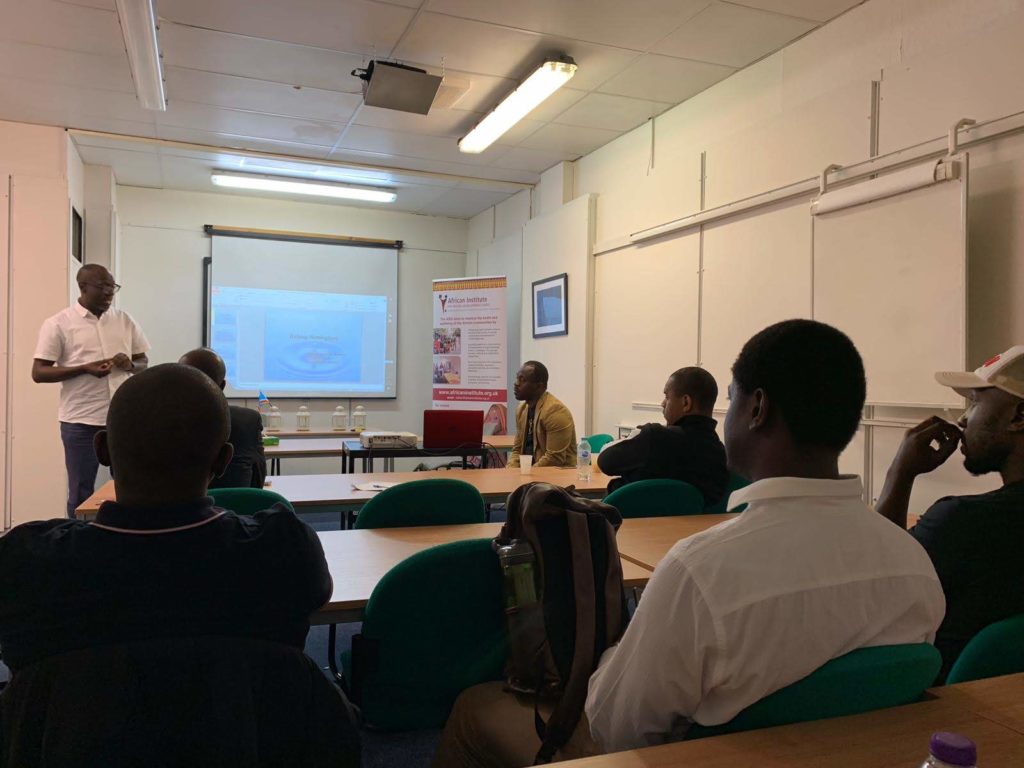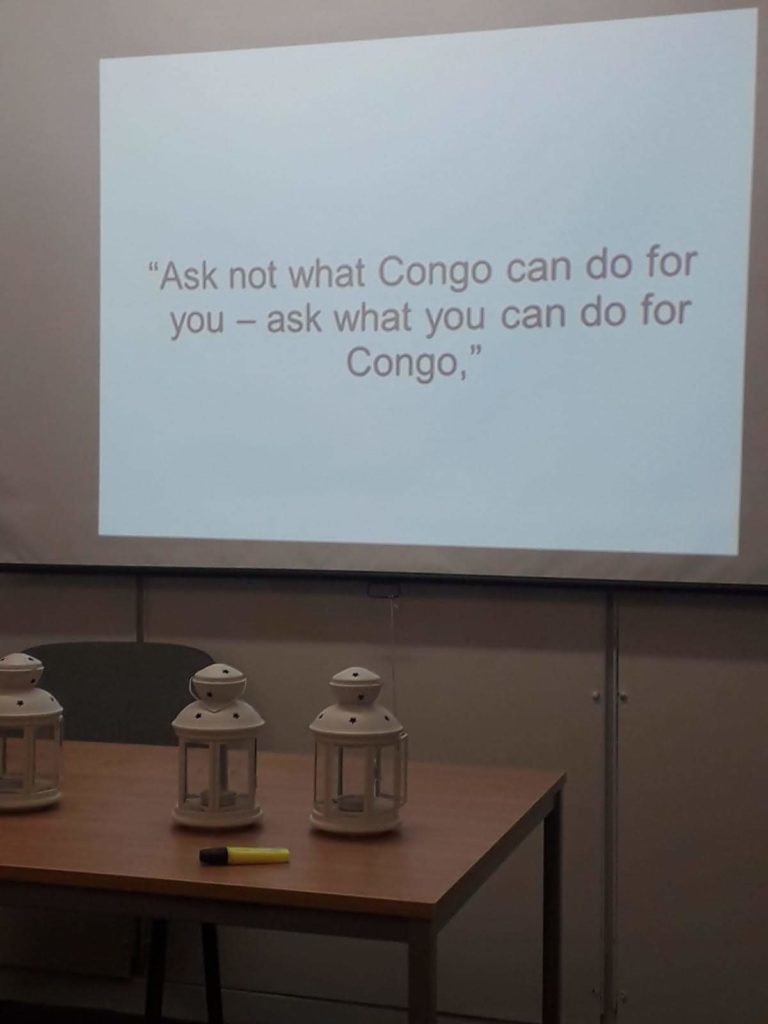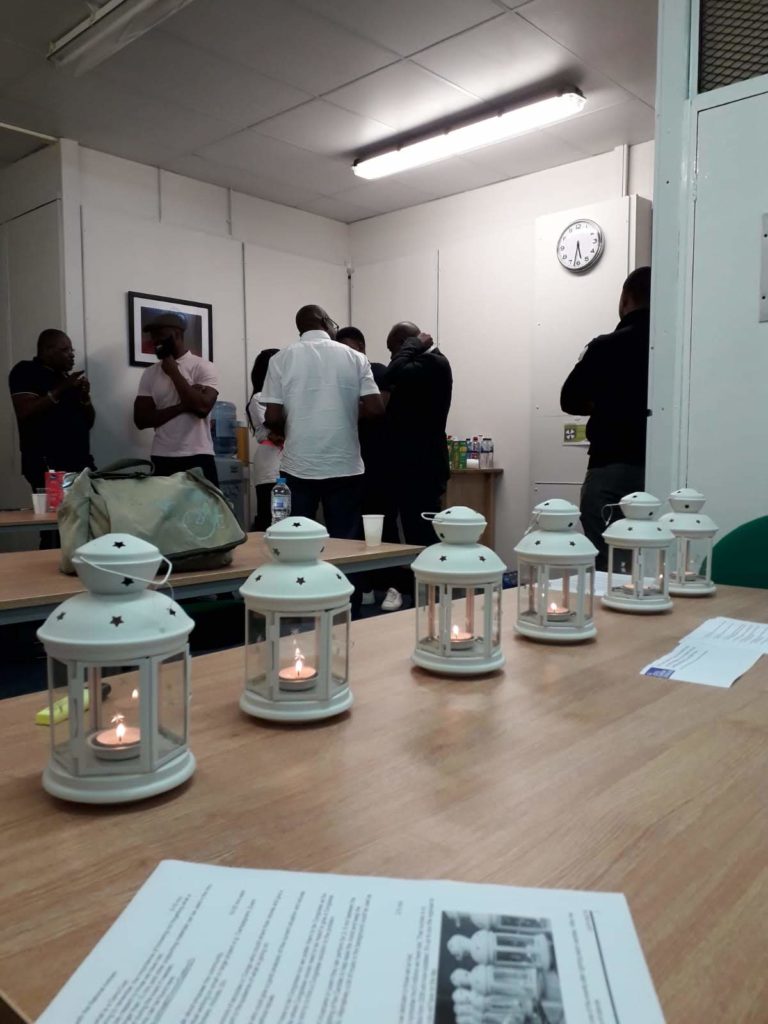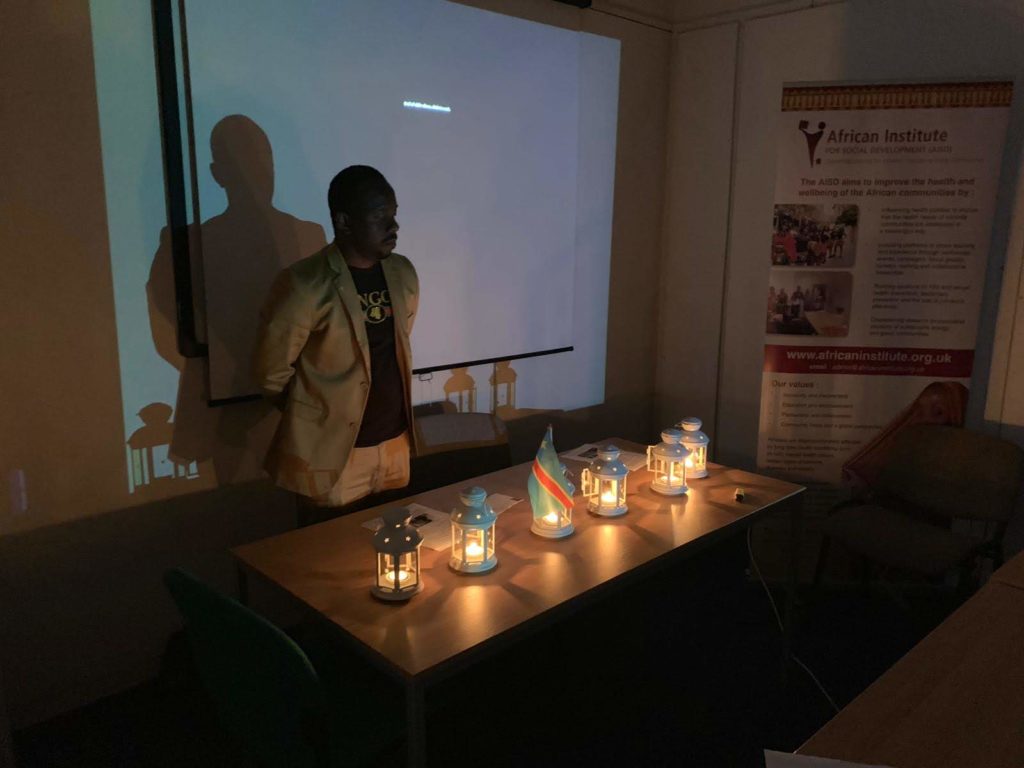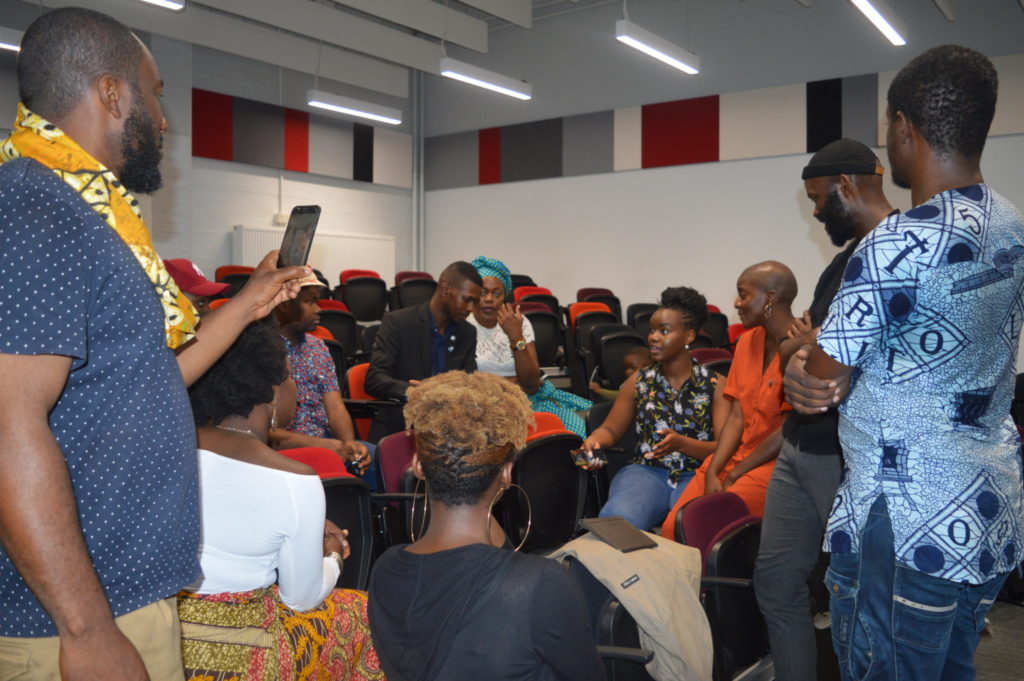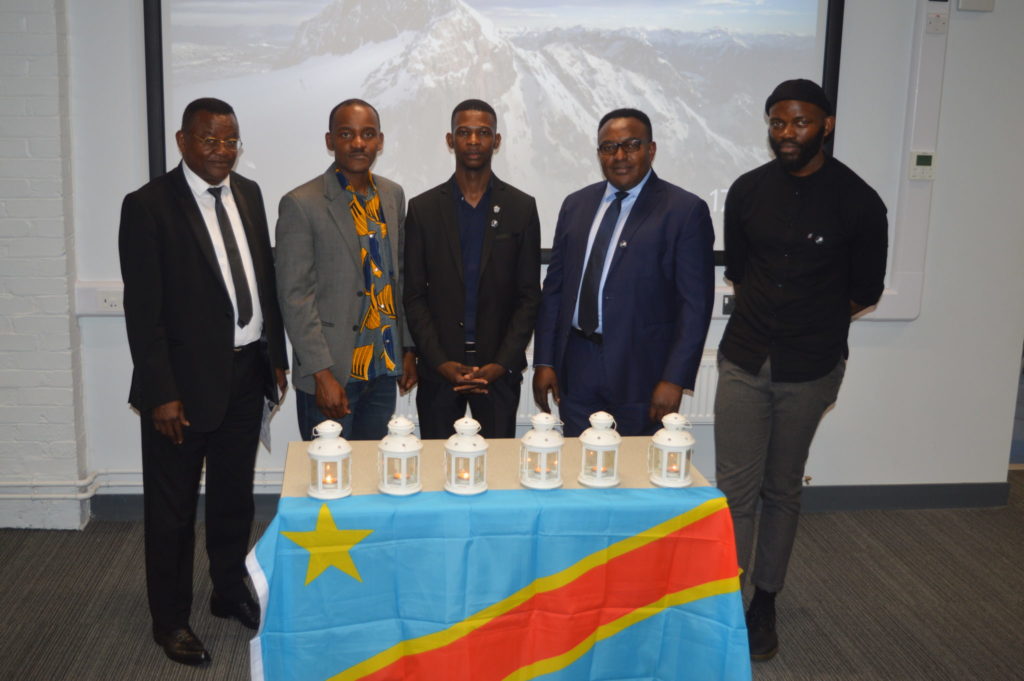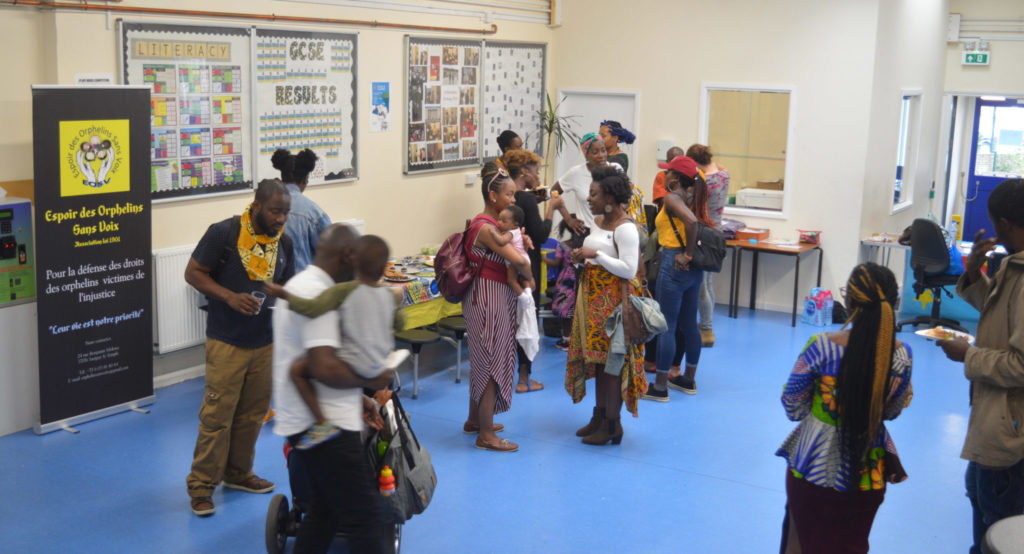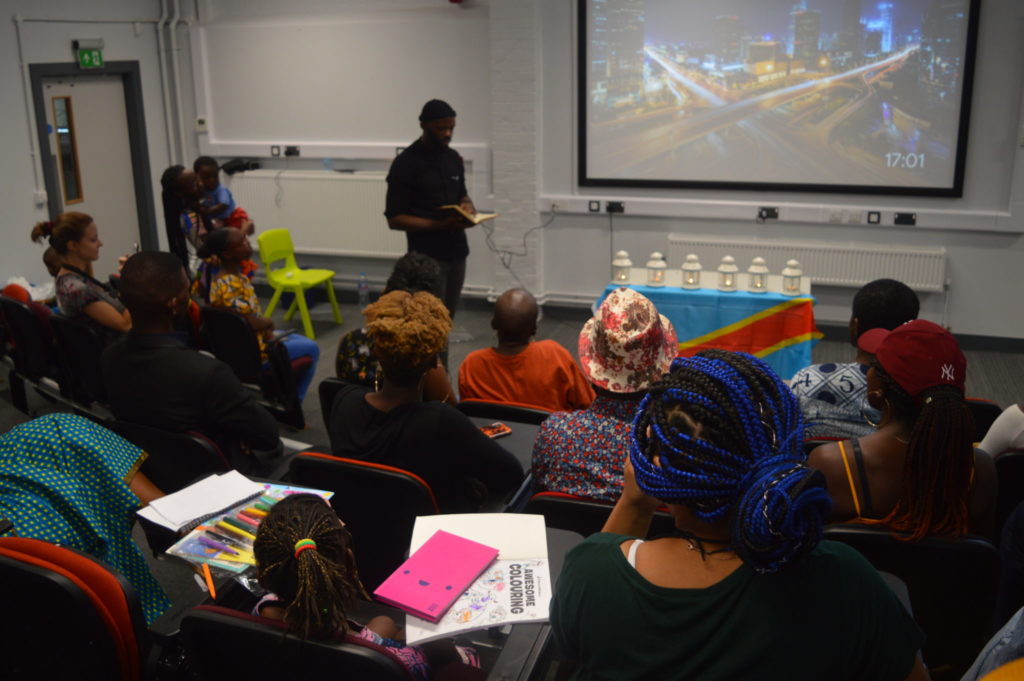This 2nd of August marked the 21st year since the start of the 2nd Congo war in 1998. A conflict that has destabilised the Great Lakes region with war crimes and genocide. To remember all those who perished in this forgotten conflict, members of the Congolese diaspora across the world gathered to host the 7th commemoration of the Genocost.
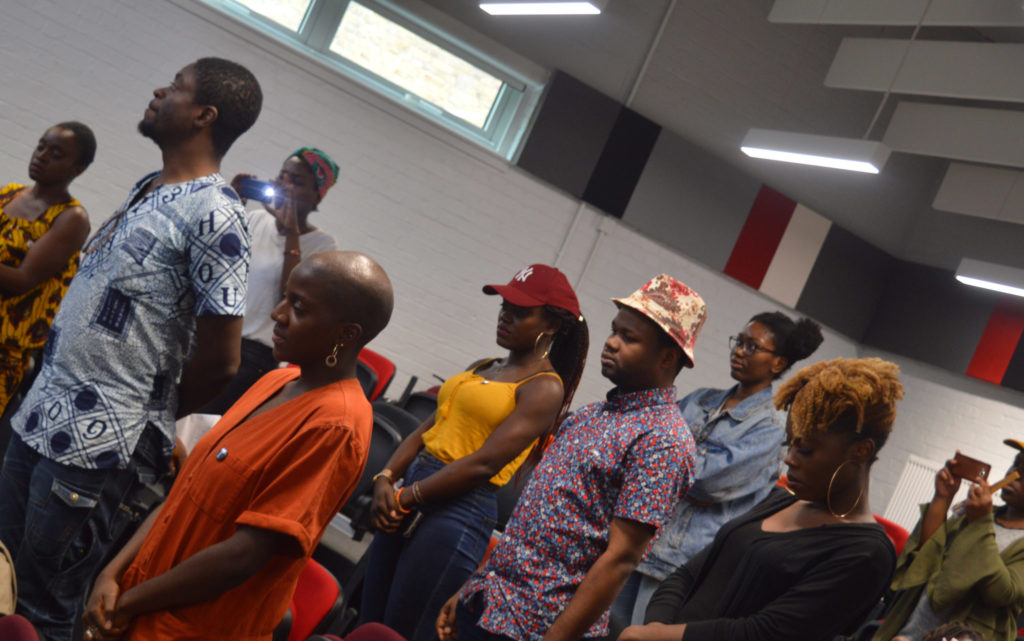
When we started this initiative in 2013 in London, our aim was to remind the world about the great tragedy that was slowly being whipped away from our collective memory. In order to do so we wanted to empower the Congolese community by providing a family friendly setting that was accessible to all, where we could gather, share knowledge and remember those we lost.
For the Genocost there is no need to go to the UN, the International community or any other institutions to acknowledge that there is a genocide in the DR Congo.
Taking ownership of the narrative and empowering the Congolese people is at the core of the “Genocost” campaign. Using social media and grassroots organisations, the Genocost is gradually establishing itself in the mainstream narrative. The once-forgotten date of the 2nd of August is now anchored as a permanent reminder of the start of the multilateral aggression that the DR Congo is still facing.
Many prominent Congolese activists in the diaspora supported the Genocost on their social media account
Each year the Genocost campaign grows in support with an increasing number of people recognising the importance of this event and sharing the Candle of Hope as well as words of support and solidarity under the hashtag #genocost. Among them, we can cite the writer Patrick Mbeko a political scientist of Congolese origin and a specialist in geopolitical issues in the African Great Lakes region as well as the activist Kambale Musavali, spokesperson of Friends of the Congo and founder of the Congo Week campaign. Both have been supporting the Genocost online over the years.
Support also came from the Civil Society in Congo with La Lucha reminding its followers of the significance of the 2nd of August 1998. La Lucha is one of the largest grassroots movement in the DRC with whom CAYP has collaborated in the past.
In 2018, one of the presidential candidate, Seth Kikuni, mentioned the idea of the 2nd of August as the official date of the Congolese genocide in his manifesto. Despite not mentioning the Geno-cost, he reiterated his views this year express the necessity for the 2nd of August as a commemoration day for the Congolese genocide.
Another political figure, the former presidential Security Adviser under President Mobutu Sese Seko Honoré Ngbanda, currently president of the movement known as Alliance of Patriots for the Re-foundation of the Congo Alliance des Patriotes pour la Refondation du Congo, (APARECO) also made a statement of support for the #Genocost.
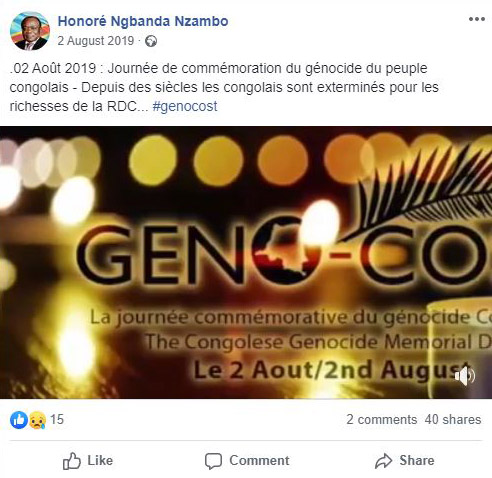
Youyou Muntu Mosi a vocal Congolese human rights activist who lives in France helped to spread the words and supported the virtual campaign via her social media channels:
Support for the 7th commemoration of the #Genocost goes far beyond the Congolese diaspora. This year, we received some support from the climate activist group Extinction Rebellion that invited their followers to take a stand against #genocide and #ecocide in the #DRCongo by Western extractive industries using the hashtags #StopTheMaangamizi #Genocost.
Genocost 2019 was held in 4 different countries.
The social media campaign was followed by an annual gathering held on the 3rd of August in 4 cities, London, Nottingham (UK) Toronto (CA), Cape Town (ZA). Our Genocost ambassadors around the world, held events in their local communities’ commemorate the event.
Toronto
In Canada, our ambassador Stay Magnifique hosted the event in the form of art exhibition exploring Congo’s rich cultural diversity. One of the guests who attended was Miss Congo Canada who gave a moving speech to the audience.




Nottingham
In Nottingham, three guest speakers shared the panel. Amdani Juma from African Institute of Social Development (AISD) talked about his experience as a Rwandan refugee and the impact it has had over the years as 2019 marked 25 years since the Tutsi genocide took place. Jean Didier Mualaba encouraged the audience to take advantage of what BELONG has to offer in terms of community cohesion, integration, ESOL classes or job search. Francois Tshimpuki from Voice of Congo explored the various opportunities available back home by sharing his experience with his media platform Voice of Congo, his events management company (Disc Jockey ents) who is responsible for organising Miss Congo UK and other events.
Cape Town
In Cape Town the event theme focused on the missing link from Hiroshima Nagasaki and Shinkolobwe (DR.Congo). Exploring the role the natural resources of the DRC have played in shaping world events, from the rubber to the Atomic bomb. The event was held in the Iziko South African National Museum and organised by the Congolese Civil Society of South Africa and African Youth Congress, in collaboration with both Congolese and non-congolese organizations.
The organizers of the events were: Joe-Yves Salankang Sa Ngol ( vice chairman of CCSSA), Thola Fuamba( chairman of AYC) and Isaiah Mombilo ( Chairman of CCSSA)







London
In London the event was focused on the theme Le Congo de demain ( Tomorrow’s Congo). One of the guest speakers was Guylain Bazana the son of the late human right defender Fidele Bazana who shared with the audience the story of his father and talked about the work he currently does looking after orphans in DR Congo Espoir des Orphelins sans Voix – (EOSV). There was also an intervention from Okito Tongomo, president of the Congolese Support Group, and word of encouragement form the author and poet JJ Bola.
This year was yet another example of the growing number of Congolese taking control of the narrative of the Genocide in DR Congo and bringing back to the forefront of the conversation a conflict that the world often dismisses. Seven years ago talks about the Genocide in DR Congo were almost non-existent. The idea of a commemoration date to remember those who passed away will not be established by the will of the international community or the political class in Congo but by the will of the people.
The seed has been planted but the battle is far from over for the recognition of the genocide in DR Congo. If you would like to be part of the movement and also support a Genocost event in your local community, get in touch with us by email info@genocost.org or on our social media.
You can also find some also resources on our ambassador section https://www.genocost.org/ambassadors/
